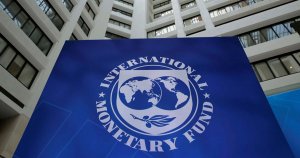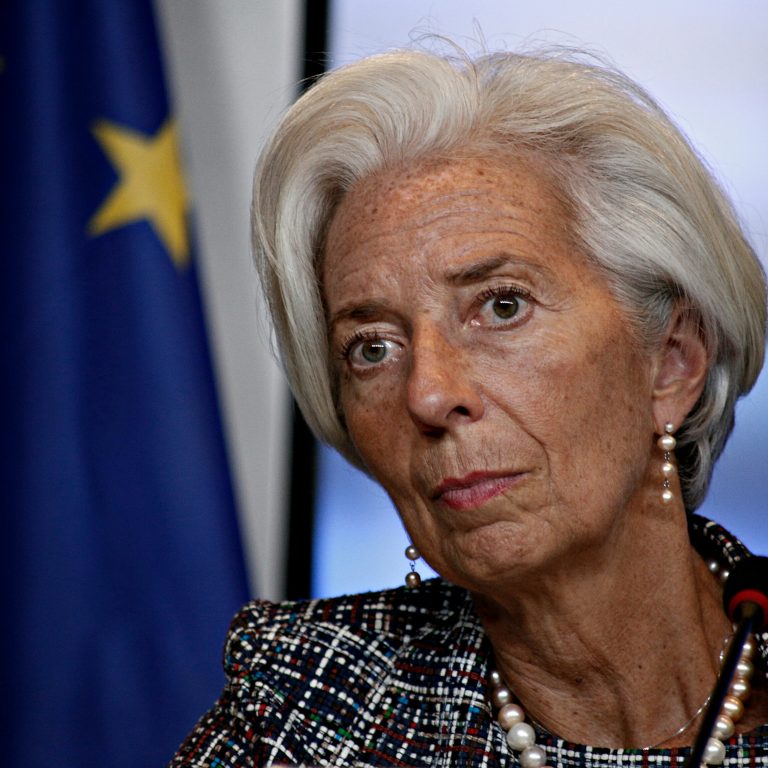2019-1-26 20:54 |
The World Economic Forum was held this week in Davos, and there were many major players in the traditional finance and cryptocurrency worlds discussed globalization.
Christine Lagarde, the managing director of the International Monetary Fund (IMF) hosted one of the panels, and she had plenty to say about the growth of fintech and the need for an alternative source of support, rather than banks, when the next economic crisis arises. Lagarde said,
“It would be very nice if the economies at large didn’t have to rely on the central banks yet again in order to resist the next shock.”
Speaking to Geoff Cutmore from CNBC, she added:
“Which is why I think policymakers have to really take the right course of action when it comes to fiscal policies, when it comes to actually completing the reforms that some of them have undertaken but some of them have only just touched softly and need to go much deeper into.”
During the financial crash that shook the economy in 2008, the central banks developed and launched stimulus packages. However, many institutions, like the Federal Reserve, the Bank of England, and the European Central Bank (ECB), decided to take unprecedented changes on, like reducing interest rates below what they have ever been before and purchasing major quantities of government bonds.
The bond-buying program with the ECB, for example, has only just been reeled in, and rates are also supposed to be lifted. The point of a stimulus program, after all, is to help motivate the economy to start spending again. However, there are some people who believe that these programs will encourage a lazy public instead, leaving them to believe that a central bank will always come in with support during the rough times, which is not true.
CEO Sergio Ermotti of UBS, who was at the same panel at Lagarde, added, “I hope that we don’t rely on central banks to resolve the issues. I think some of them have very limited ammunition… some others have a little bit more flexibility.” Still, there could be a better solution.”
Lagarde brought up the concept fintech to fill in the gaps, believing it will “shake the system.” The regulations in fintech with the AML protocols in place is making the industry a positive place for growth, which is why many banks have started to incorporate it.
During the last financial crisis, fintech and Bitcoin and everything that falls into that sector of the economy were not even born yet. It was not until the following year that Satoshi released the Bitcoin whitepaper, and a new digital solution was born, originally intended to help after the financial crisis.
When the economic is failing and restless, adoption seems to be the most prevalent as consumers look for a solution. During the next crash, there could be the swing necessary to the collapse of banks that have become too complacent in their economic position.
origin »Bitcoin price in Telegram @btc_price_every_hour
Growers International (GRWI) íà Currencies.ru
|
|


















